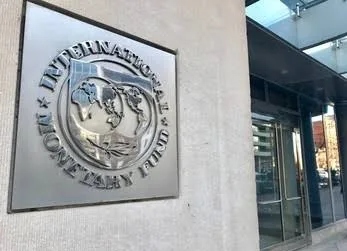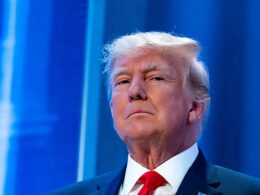The International Monetary Fund (IMF) has issued a stern warning to the Nigerian government, urging it to eliminate what it termed implicit fuel and electricity subsidies.
In a recent report, the IMF highlighted that these subsidies would consume three percent of the nation’s Gross Domestic Product (GDP) in 2024, compared to one percent the previous year.
The report commended the Federal Government for phasing out “costly and regressive energy subsidies,” emphasizing the importance of creating fiscal space for development spending and strengthening social protection while maintaining debt sustainability.
Under President Bola Tinubu’s administration, fuel subsidies were removed during his inauguration on May 29, 2023. However, the IMF noted that compensatory measures for the poor were not promptly scaled up, leading to the reintroduction of implicit subsidies due to concerns over corruption.
Regarding electricity tariffs, the IMF highlighted a threefold increase for high-use premium consumers on Band A feeders, affecting 15 percent of the 12 million customers who account for 40 percent of electricity usage.
While Nigerians call for a reversal of the Band A tariff, currently at N206.80 per kilowatt-hour, the IMF suggested that adjusting the tariff could help reduce subsidy expenditure by 0.1 percent of GDP, while still providing relief to the poor, especially in rural areas.
The IMF stressed the importance of scaling up safety nets and addressing inflation before tackling implicit fuel and electricity subsidies. It warned that failure to do so could result in subsidy costs ballooning to three percent of GDP in 2024, disproportionately benefiting higher-income groups over the vulnerable.
The projected implicit fuel subsidy could reach as high as N8.4 trillion in 2024, compared to N1.85 trillion in 2023. Similarly, the electricity subsidy for customers under Bands B, C, D, and E was projected to stand at N540 billion by the end of 2024.
Despite denials from the Nigerian National Petroleum Company and the Minister of State for Petroleum (Gas), Heineken Lokpobiri, regarding fuel subsidies, the IMF’s call for the removal of electricity subsidies comes amid protests from Nigerians.










Join our Channel...